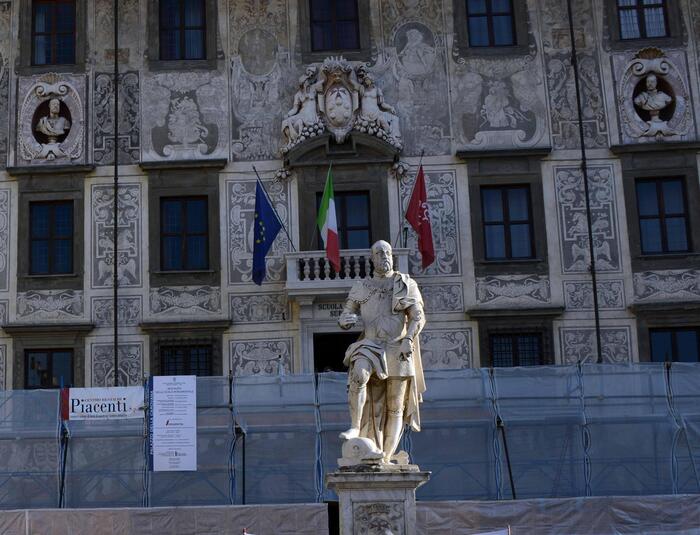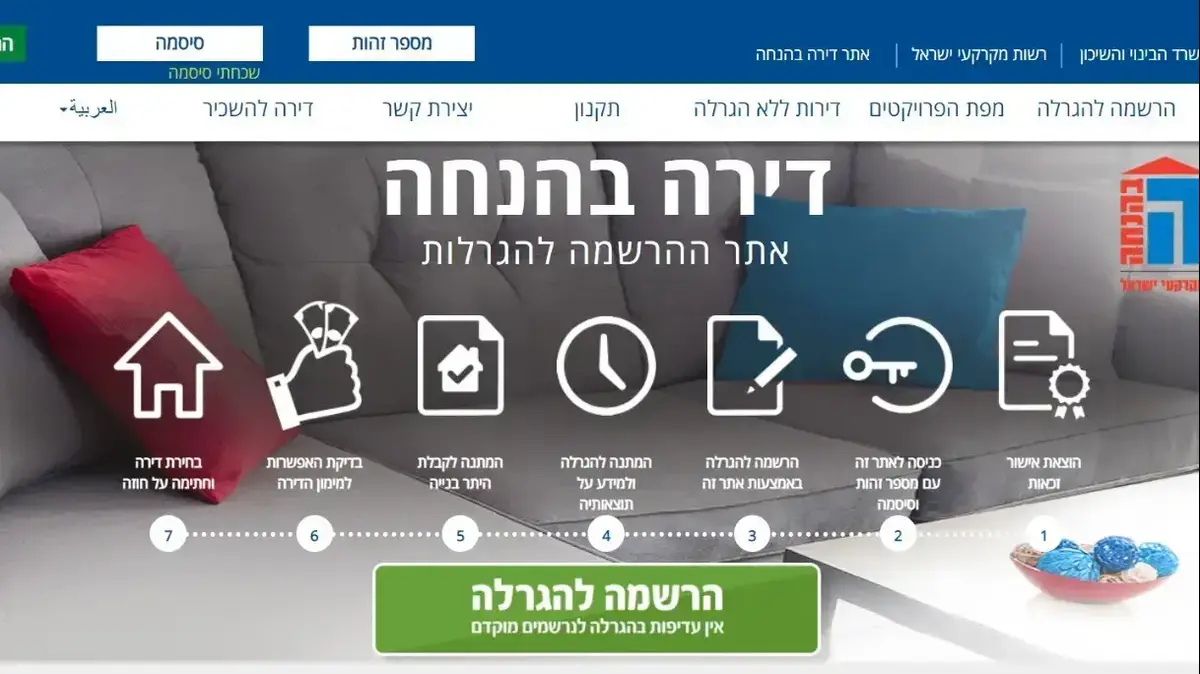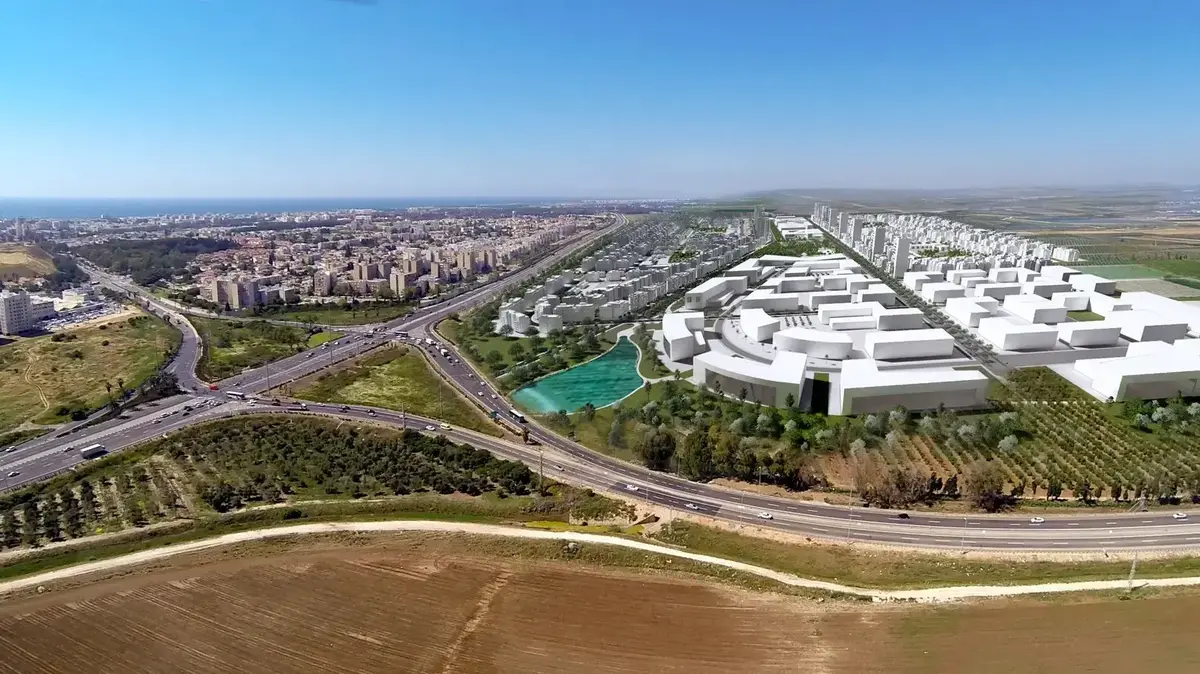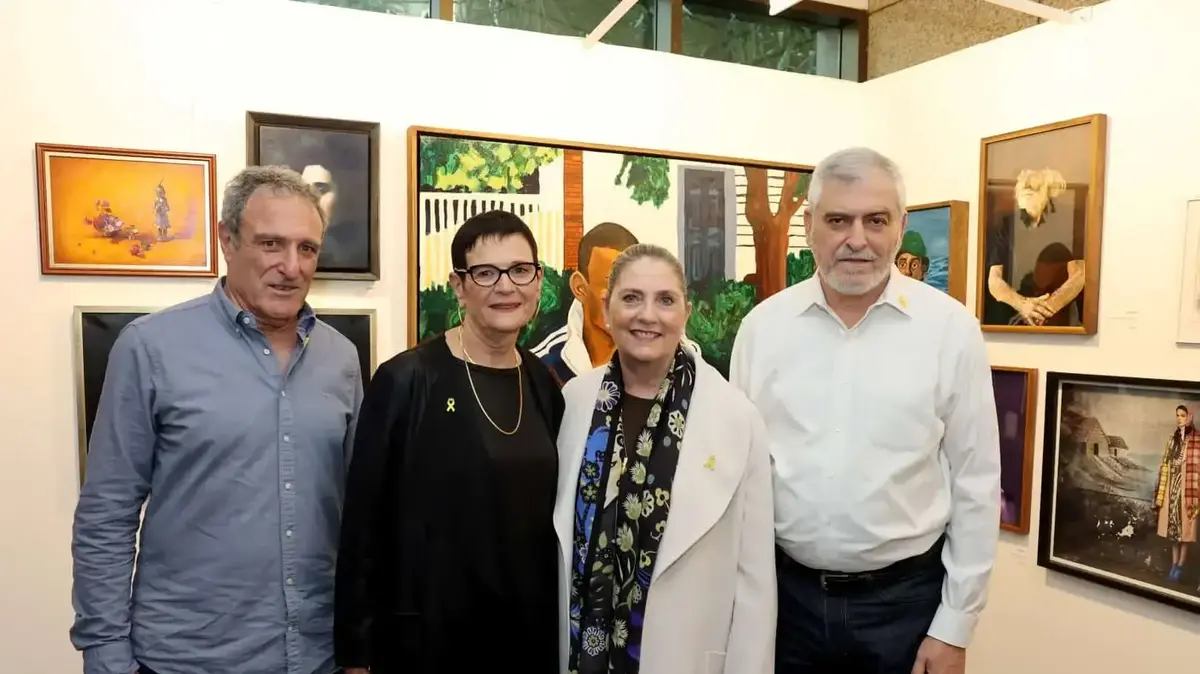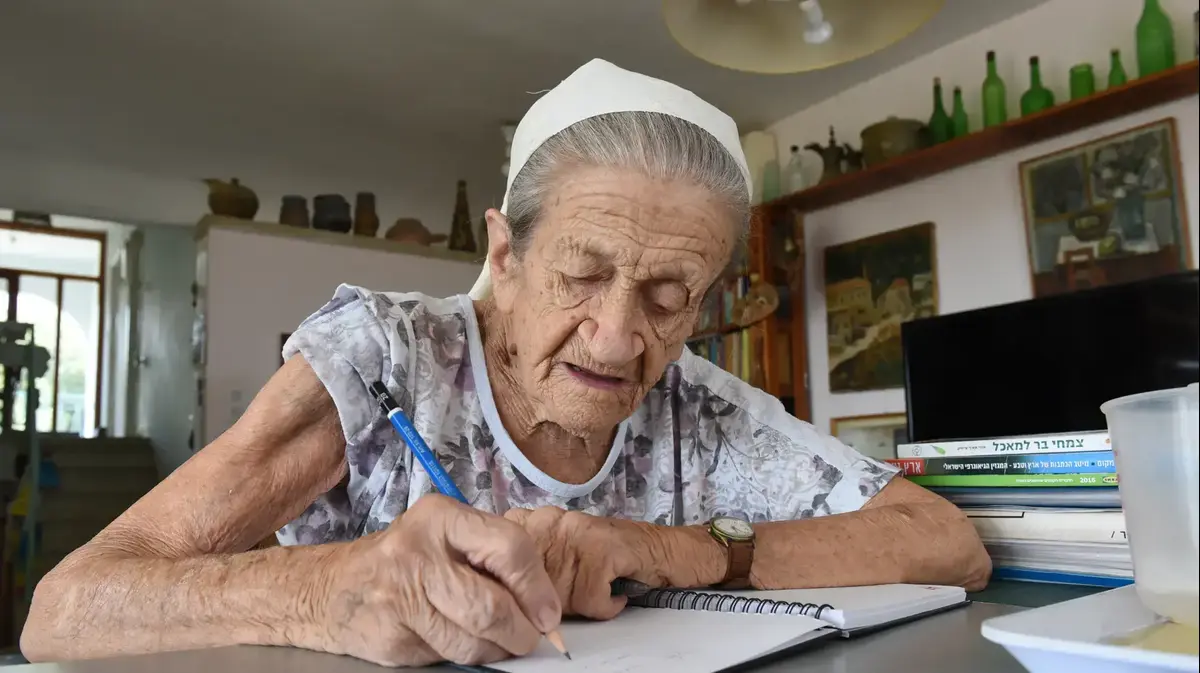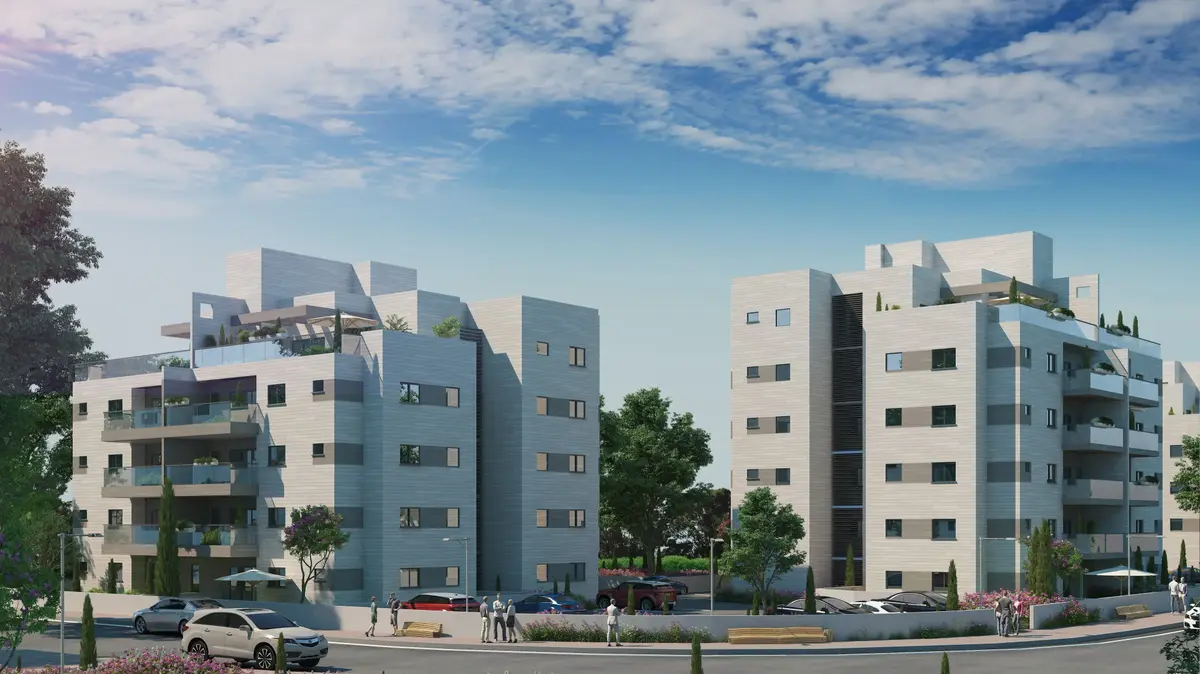The association's CEO, Reuven Tzadok, talks about the diverse activities for the tenants and the preparations for a new real estate reality
See the people, not just the building.
Director General of the Housing Culture Association, Reuven Tzadok
Photography:
Courtesy of the Housing Culture Association
A few years ago, Reuven Tzadok, director general of the Housing Culture Association, visited Kiryat Shmona, where a conference of house committees was held. One of the tenants approached him and told about the joint activity between the tenants in her building, about families passing each other on holidays and wishing them a happy holiday. The costumes on Purim. There, Zadok says, he realized how important it was for him that the association be involved in society and the community significantly no less than in renovations and repairs to the facades of buildings.
"The issue of society and the community speaks very much to me," says the CEO.
As part of our activities we made the tenants accessible to each other.
We brought games and activities, for example during the Israeli holidays, we distributed kits to the residents.
People sat together, prepared New Year greetings together, celebrated Tu B'Shvat, suddenly neighbors who did not know each other were exposed to each other and connected. After that visit to Kiryat Shmona, where I was exposed to activities, I decided to take part in the national level, and I very much hope we continue the project. this".
Close guidance from professionals
The Association for Housing Culture was established in 1964 by the Government of Israel and the Ministry of Construction and Housing, with the aim of cultivating the quality of life and preserving the common property in the condominiums.
Today it has about 85 branches around the country and has about thirty thousand house committees that unite about half a million households.
These enjoy a large and diverse basket of services that is updated by the association in accordance with the changing reality and the needs of its customers.
Zadok says that the association's motto is "good neighborliness begins at home", hence the preoccupation with issues related to society and the community, along with maintaining the common home and all that that entails: assistance and advice on renovations, legal support, engineering advice, architectural advice, gardening advice And courses in various fields and the establishment of an arbitration institution that is supposed to assist missions and tenants in the event of neighbor disputes.
For example, the association provides legal assistance and representation to its members, through an attorney who specializes in real estate law. He accompanies and represents the House Committee in any claim at a reduced rate, with the service including preparation of a statement of claim and accompaniment of legal proceedings until completion.
In addition, the association provides legal advice provided at all its branches and deals with issues such as drafting lawsuits and protections, disputes over common property, handling refusals to pay, information on tenants' rights and obligations and more.
This service is provided free of charge and saves thousands of shekels from house representatives and tenants who are members of the association.
The legal advisers also serve as arbitrators who discuss and resolve all types of disputes that exist in the common house.
The Association for Housing Culture also provides an appraiser's advice on discounting additional building rights for existing buildings, levies and taxes, how it is appropriate to divide the costs of building an elevator between tenants, removing parts of the common property and attaching them to apartments and more.
The new high-rise challenge
Zadok explains that the new nature of the residential neighborhoods requires relevant preparation on the part of the Housing Culture Association as well.
"These days we are working on preparing a strategic plan for the coming years," he says. "If in previous years we dealt with the classic condominiums, now the new high-rise buildings that pop up in every city and town in Israel have entered the picture. These buildings have very complex elements. Today many of them have a luxurious lobby, pools, sprinklers, underground car parks, gyms and the like.
"The condominium is no longer just a stairwell and a garbage room and maybe a small front yard, but accesses elements that were not there before and it requires us, as an organization trusting the condominiums, to give the tools to those house committees, the same people who run the common property, to deal with The new reality. "
Dealing with the new generation of condominiums certainly poses a challenge for the association, as Zadok explains: "I am aware that in the background those buildings have the management companies, but I remind everyone that the association is the one that keeps the tenants first - also in front of the management company. "Take care of the legal aspect, because the law does not resolve the existence of a house committee in the building, in any situation. Management and maintenance companies have advantages and disadvantages, but we are always the watchful eye of the tenants in the shared house. We are constantly with them and for them."
Reach out to the weak
Zadok, who wants to emphasize again the social-community aspect of the association's activities, says that another project that is taking place these days is called "Do not leave them alone", in collaboration with ZAKA.
"There is now a phenomenon of barren old men living alone in apartments and no one visits them or demands their safety," he says, "Unfortunately we hear about quite a few cases where tenants who have died in the house are found and no one has heard of them and did not know they are alive. We share Action with ZAKA to encourage people in condominiums to visit an elderly person who lives in the building, to ask about his well-being once a day, to give him a sense that there is someone who cares for him.
"At the local level we do a lot of meetings with the tenants, question and answer meetings, appreciation evenings and more. Our social and community area is no less important and significant than our activities in the physical field. This is a very important segment of the association's activities.
"Over the last decade we have become an executive arm of the Ministry of Construction and Housing and inevitably the ministry refers us to quite a few projects. Speaking of community - the Housing Culture Association is in dozens of neighborhood rehabilitation projects in 'Most buyers'. This is very important news led by former Housing Minister Yoav Galant. There was a lot of talk about public housing, and I turned to the Minister and pointed out to him that there are many buildings in the 'majority of buyers', where people live in houses that are difficult to live in, with collapsed systems, peeled buildings, old infrastructure. "But especially in the north of the country, in buildings like this, where we also take care of setting up house committees, uniting the tenants among them, helping them make decisions and lead processes. It connects us very much to our community social activities."
The association, as mentioned, provides its members with many services including opinions from qualified building engineers who provide free professional advice, a year of inspection for new homes that are in the first year of occupancy, and free service of professional consultants to solve various problems in the shared shelter.
The association also provides the house representatives with a certified architect who provides professional advice, certified landscaping consultants - and everything is free of charge.
"In recent years, the association has come out of some 'bubble' and today it is exposed not only to working together with the Ministry of Construction and Housing," concludes Zadok. "Our interfaces are also reflected with the Ministry of the Environment, the Ministry of Justice, the Ministry of Education. "The issue of shared housing. We will add to this the entire basket of services that we are updating and refreshing these days, along with the constitutional and national aspect, and here we are in line for the lobby of the new shared house."
What is stated in the article includes content and commercial / marketing information, and the Israel Today system is not responsible for its reliability.
The publication of the contents and commercial information in the article does not constitute a recommendation or offer by the Israel Today system to purchase and / or use the services or products in the article.


